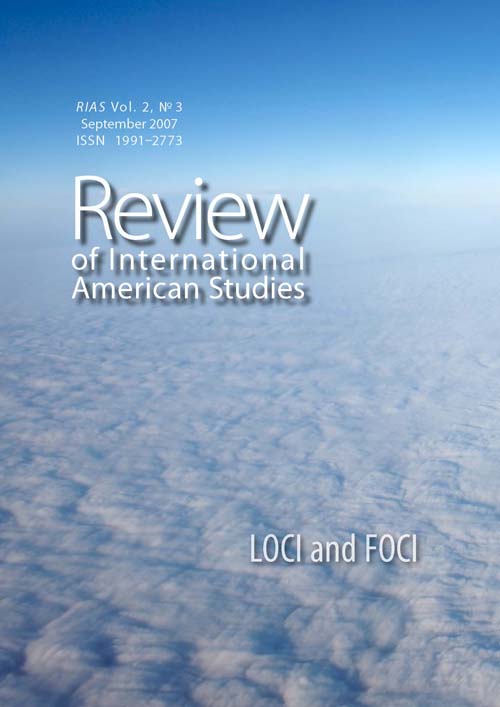Towards a Genealogy of Transnational Perspective
Towards a Genealogy of Transnational Perspective
Author(s): Jeffrey HoleSubject(s): Language and Literature Studies, Studies of Literature, Other Language Literature, Cultural Anthropology / Ethnology
Published by: Wydawnictwo Uniwersytetu Śląskiego
Summary/Abstract: Over the last decade, American Studies scholars from the US have attempted with much regularity and critical force to disassociate the present discipline from the practices and ideologies of its exceptionalist past. Having been authorized within the historical and political context of the US’s expansive Cold War strategy, the ASA has often had to address its institutional relationship with US state power as well as the ostensibly nationalist impulse of this power. Simply put, Americanists broadly and ASA presidents particularly have posited various counter tactics in order to differentiate their own knowledge production from that of the US nation-state. This has been the case at least since Janice Radway’s question ‘What’s in a Name?’ (Radway, 1999) and continues to resonate in Shelley Fisher Fiskin’s (Fishkin, 2005) and Emory Elliott’s (Elliot, 2007) more recent presidential addresses at the ASA’s annual meetings. These tactical endeavors are too numerous to explicate here, but with my colleagues from Göttingen, Berlin, and Härnösand I aim to tarry with American Studies’ critical ‘turn’ toward the transnational. I am specifically interested in using this forum to begin raising a set of questions that examine the historicality of the ‘transnational perspective’, particularly as it is taken up as a category for critique. I use the title ‘Towards a Genealogy of Transnational Perspective’ as a beginning intention for what really obliges an extensive and weighty (if not overly ambitious) project that can account for knowledge production in our current moment—that is, account for an order of knowledge that makes possible the transnational as a perspective.The ‘turn’ to the transnational in American Studies underscores a preoccupation with global and globalizing arrangements, the US’s role (whether constitutive or not) within these arrangements, and how American Studies should therefore produce knowledge under these conditions. This was made evident in Shelley Fisher Fishkin’s 2004 Presidential Address, ‘Crossroads of Cultures: The Transnational Turn in American Studies’, wherein she called Americanists to make central the transnational as an analytic of culture. More importantly, though, Fishkin begins the address by engaging in an apologetics on behalf of American Studies as a still-yet-important field of knowledge, claiming principally that its aims are not to export ‘an arrogant, pro-American nationalism’ (20). Against this nationalist impulse, Fishkin cites a perspective that looks ‘beyond the nation’s borders’, that actually interrogates ‘borders both within and outside the nation’ (20). For Fishkin, the instrumentalization of this perspective makes possible a critical and epistemological break from ‘American foreign policy’, which ‘is marked by nationalism, arrogance, and Manichean oversimplification’ (20). This formulation posits the transnational as the antipode to US state power, a power which seemingly exercises force more often than not...
Journal: Review of International American Studies
- Issue Year: 2/2007
- Issue No: 3
- Page Range: 24-28
- Page Count: 5
- Language: English

